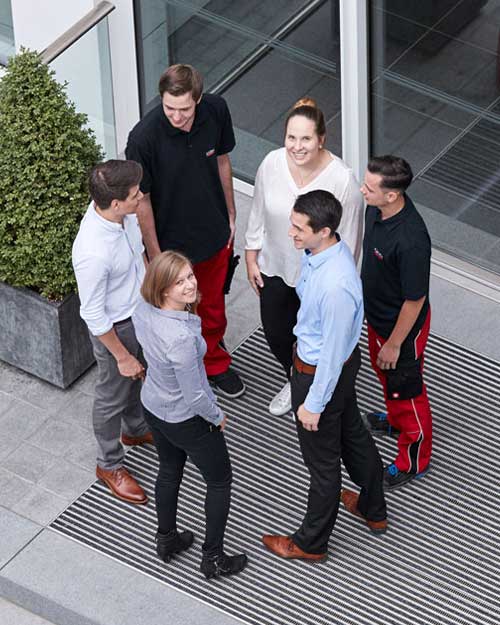Wir sind
die OAS AG
Neuen Herausforderungen begegnen wir täglich mit Innovation, Neugierde und Leidenschaft. In unserem vielseitigen Team vereinen wir Ingenieur*innen, Softwareentwickler*innen, IT-Consultant*innen, Techniker*innen sowie engagierte Vertriebs- und Verwaltungsmitarbeiter*innen.
Engineering Tomorrow – Empowering Productivity
Unsere Motivation ist es, gemeinsam mit unseren namhaften Kunden aus den verschiedensten Branchen zukunftsweisende Lösungen in den Bereichen Anlagentechnik, Produktionssteuerung, Wägetechnik, Yard Management und IT zu entwickeln. Wenn Sie leidenschaftlich gerne an spannenden Projekten arbeiten, in denen Sie den Unterschied machen können, und dabei auch noch Spaß haben, freuen wir uns, Sie kennenzulernen.





